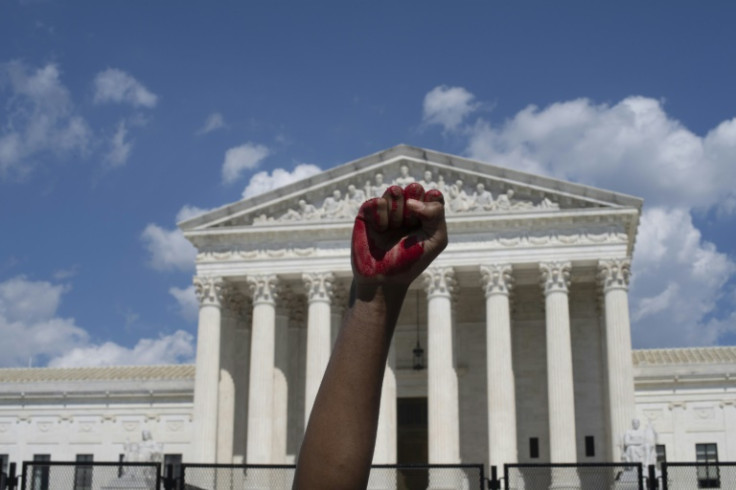
Florida's Supreme Court issued two separate decisions on abortion rights in the state that could end up with highly different scenarios by the end of the year.
On the one hand, it rejected against halting the state's 15-week abortion ban, paving the way for the implementation of a statewide ban on most abortions after six weeks of pregnancy, a highly restrictive measure considering many women don't realize they are pregnant until after that amount of time has passed.
But on the other, the highest court in the state also cleared an effort to put the issue on the ballot in November. The decision gains more significance when considering that expanding abortion rights won every time they were on the ballot since the U.S. Supreme Court overturned Roe V. Wade.
State advocates began collecting signatures precisely when Governor Ron DeSantis signed the six-week ban into law almost a year ago. They passed the threshold necessary (almost 900,000) to put the measure on the ballot in January.
The amendment they seek to enshrine in the state constitution reads: "No law shall prohibit, penalize, delay, or restrict abortion before viability or when necessary to protect the patient's health, as determined by the patient's healthcare provider."
The state Attorney General, Republican Ashely Moody, had sought to take down the initiative through a legal brief in November, when she asked the amendment be killed arguing that the use of the term "viability" is an attempt to "hoodwink" voters.
The issue will likely be of great importance for Latinos in Florida, as a new study showed that Latinas have been disproportionately impacted by the Supreme Court ruling. Its effects will also exceed the state, as many other jurisdictions in the south have banned abortion and Florida could become a destination for them.
An analysis by the Institute of Labor Economics, showed that birth rates increased by an average of 2.3 percent in states that implemented abortion bans compared to the those that still have protections in place. Research showed that the impact of the Court's decision was "especially large for Hispanic women," with a birth rate increase of 4.7 percent.
Researchers explained that this demographic tends to face economic challenges, making its members more disadvantaged in terms of being able to travel to an abortion clinic in other states.
Abortions remain legal in most circumstances in 30 states and the District of Columbia following the overturning of Roe vs. Wade. Consequently, many people seeking abortions will travel to states where it is legal to get one, but not everyone will be able to afford it, the researchers explained.
To effectively enshrine abortion rights in the Florida Constitution, supporters would need 60% of the vote.
According to a 2022 survey by Pew Research Center, the majority of Latinos believe abortion should be legal in all or most cases, though there are differences based on party, religious identity, and dominant language.
"Candidates can't ignore that abortion is a winning issue and something that voters care about, and that Latinos overall are a growing bloc," Yamila Ruiz, the Senior Director of Communications and Public Affairs at the National Latina Institute for Reproductive Justice, told The Latin Times in a recent interview.
© 2024 Latin Times. All rights reserved. Do not reproduce without permission.
Trump and DeSantis meet in Florida for the first time since their contentious primary feud
How Libre, a Koch brothers group, aims to engage Latinos by criticizing Biden's economic policies
Mexico is credited with reducing migration to the U.S., but ground reports show a more complex picture
Maduro government detains three opposition activists as electoral campaign picks up steam
